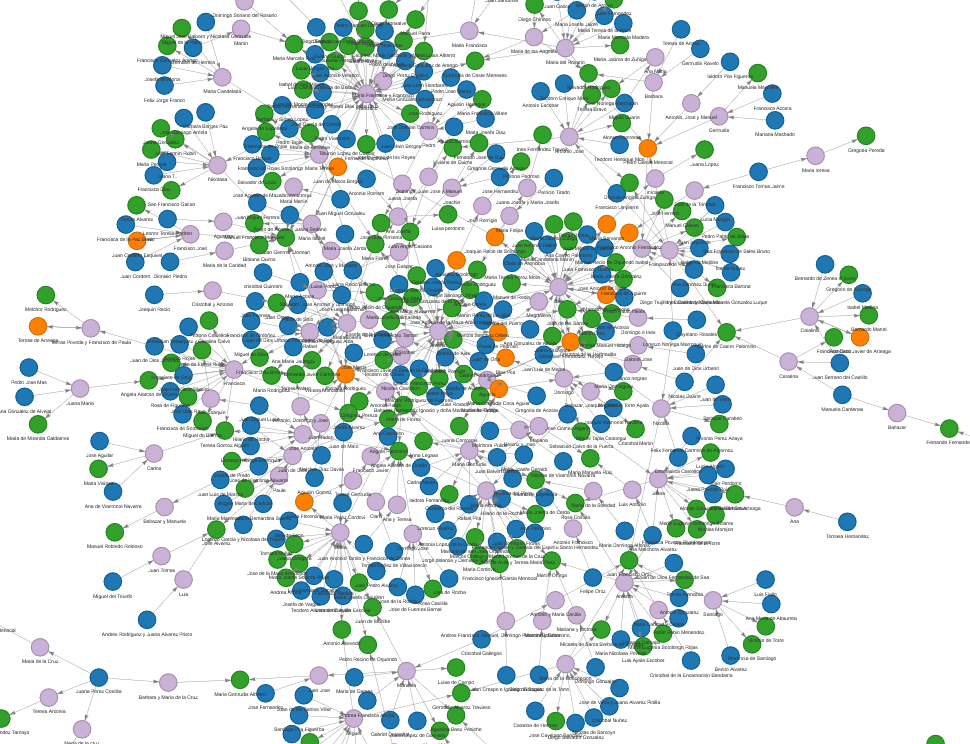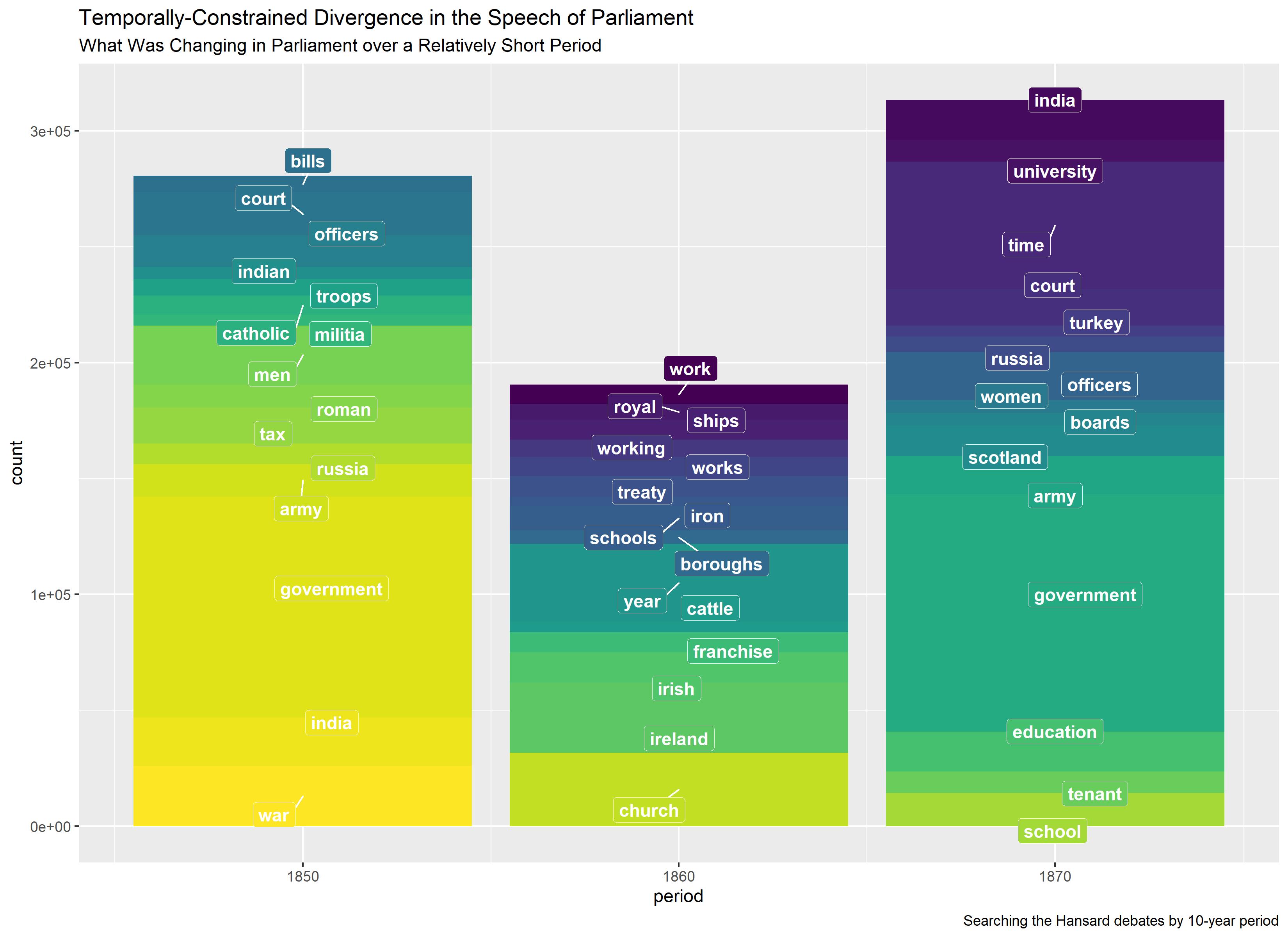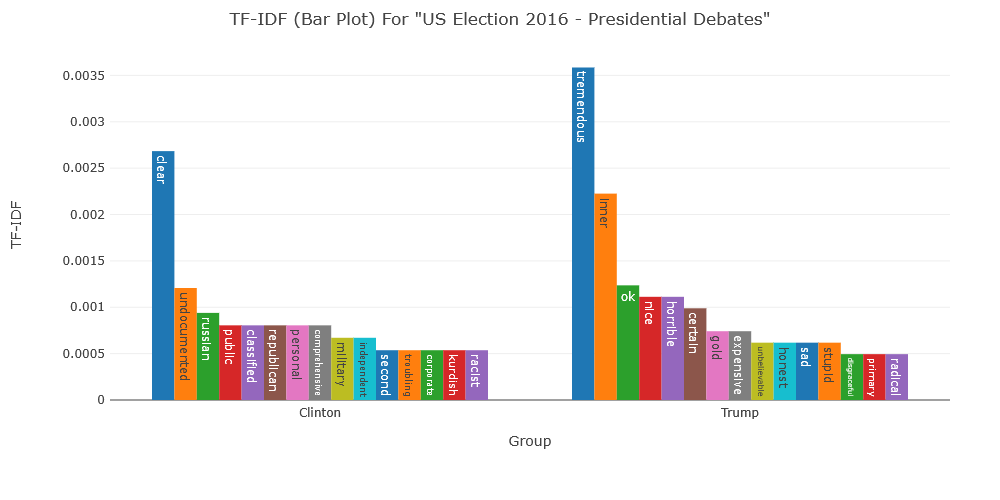Transcripts of notarial records from the Fondo Escribanías in the National Archive of Cuba, an endangered repository. The transcripts document pawnship practices (or a credit instrument known in the historical record as retroventa) involving enslaved people in Havana, Cuba during the 17th and 18th centuries. These records are important for analyzing how the enslaved person functioned as a “social connector,” linking a wide range of creditors and debtors through contracts in the colonial urban economy. The pawning of enslaved individuals, whose value was sometimes divided in multiple parts and to multiple creditors, served to hedge risk and provided temporary access to enslaved labor, at a time of labor scarcity, when the human trade to Cuba declined and several epidemics devastated the island. Over time, as ownership became increasingly fragmented, some enslaved people started buying stakes in themselves.
https://doi.org/10.7910/DVN/AZCY4B
https://doi.org/10.7910/DVN/AEDRPT



